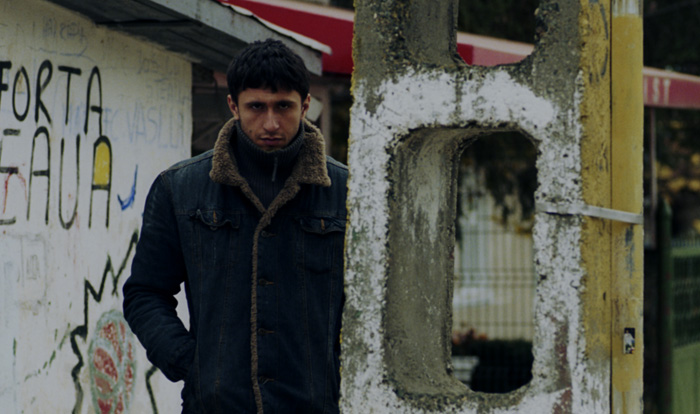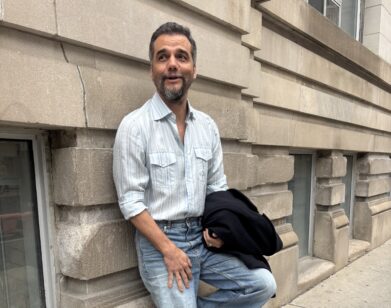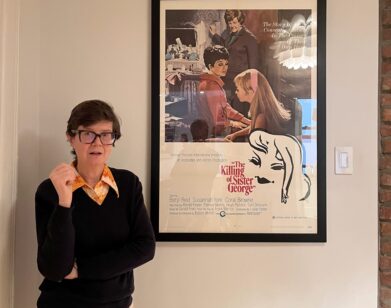By the Book

Dragos Bucur in Police, Adjective; Marius Panduru
Corneliu Porumboiu’s lo-fi police procedural, Police, Adjective, doesn’t end with a bad guy getting his due–it ends with a drawn-out discussion about the meaning of words like law and conscience. Despite (or perhaps in part because of) its unorthodox crowning scene, the Romanian director’s sophomore film has wowed critics, taking a jury prize at Cannes this year.
Cristi (Dragos Bucur) is a young undercover cop who spends his days following around a kid suspected of offering hashish to his friends–an offense punishable by up to eight years in prison. Cristi does his job, dutifully filing reports, but keeps putting off the sting. Reluctant to ruin the boy’s life, he hopes every day that the country’s draconian drug laws will relax to resemble western Europe’s.
Finally, Cristi’s fed-up boss (Vlad Ivanov) sits him down and has him read aloud from the dictionary. In their circularity, the definitions of words like moral and police reinforce the chief’s argument that Cristi must do his job, a neat illustration of the self-containment of legal and political systems.
Porumbiou says that while conceiving of the film, he e-mailed 15 friends asking them to define conscience. The sheer variety of responses stunned him. “From that moment,” he wrote by email, “the movie became one about language.” At unexpected moments, Cristi and other characters linger over grammar. “I tried to find out what was hidden behind words, how words can be interpreted, and how they imply lots of different points of view,” the director said. And show how ultimately, the dictionary favors one over the other.
Police, Adjective is out this week.






